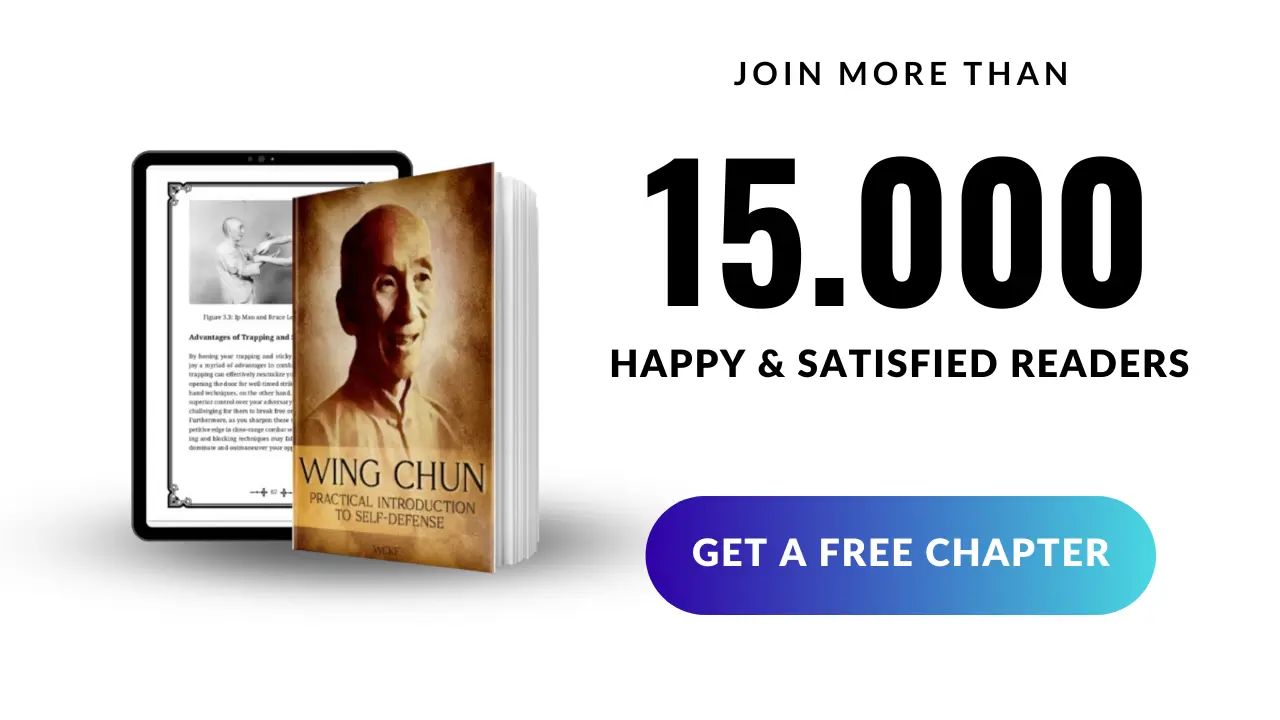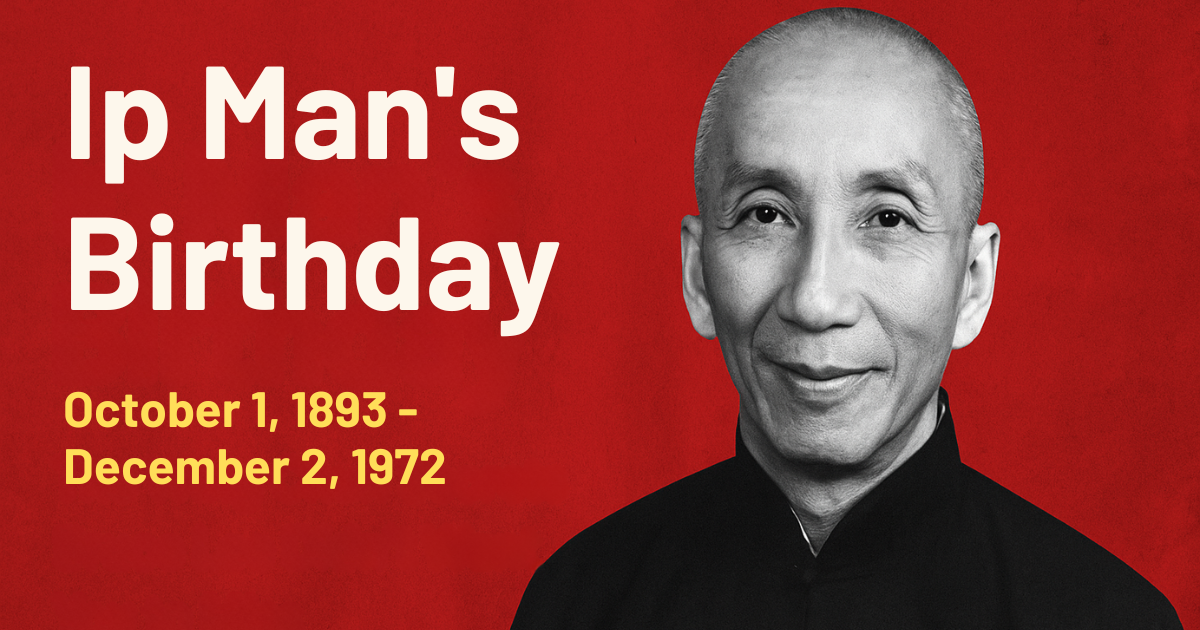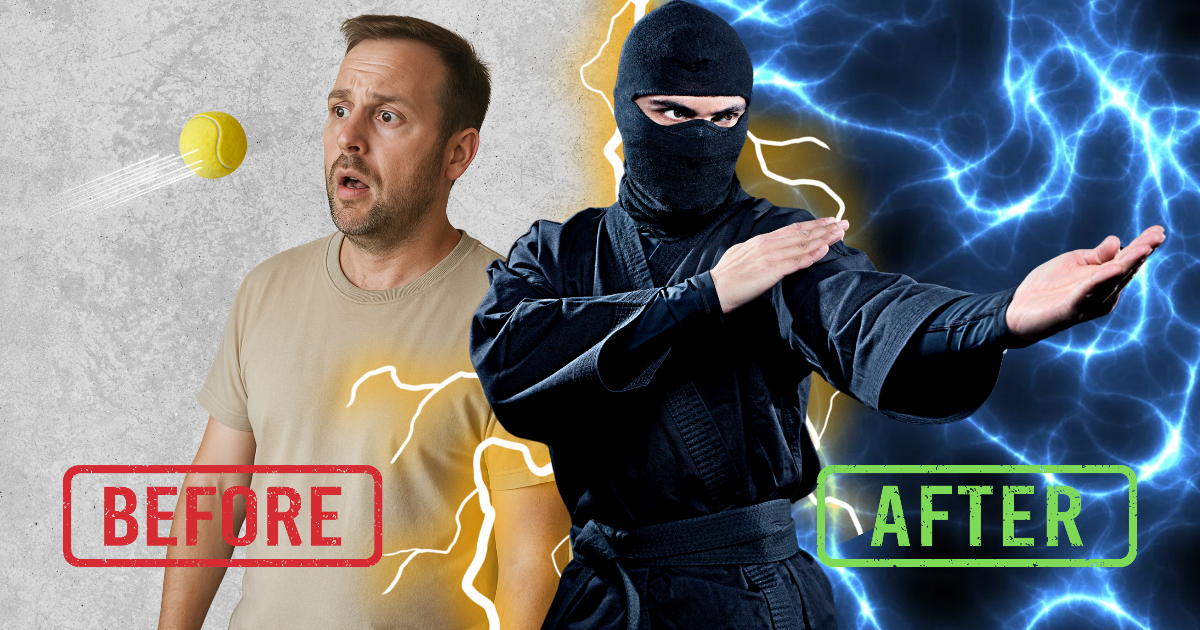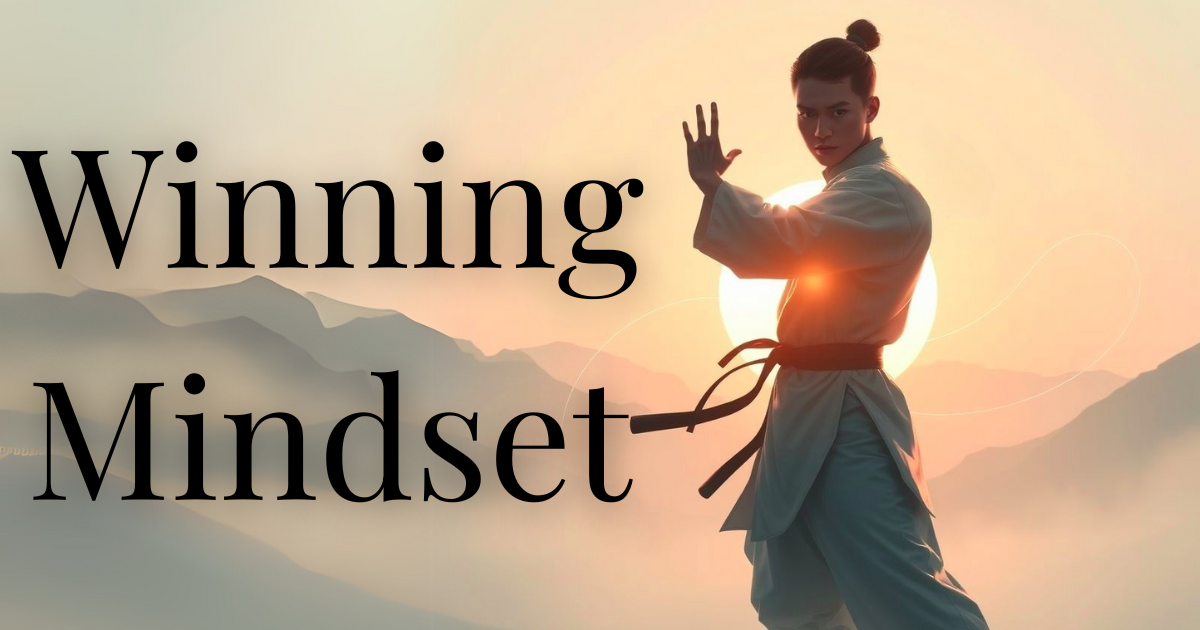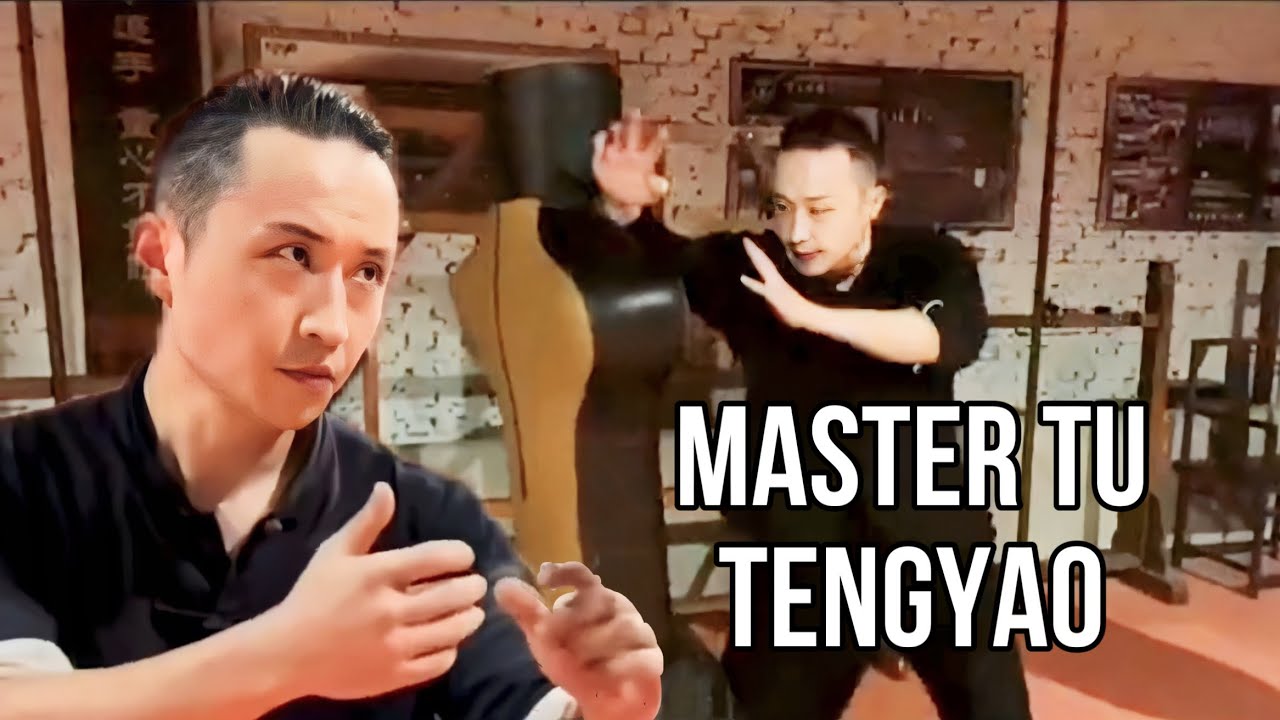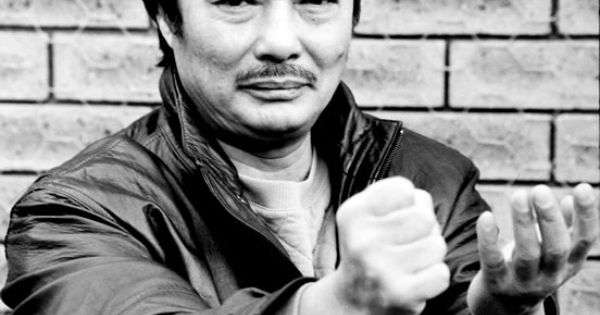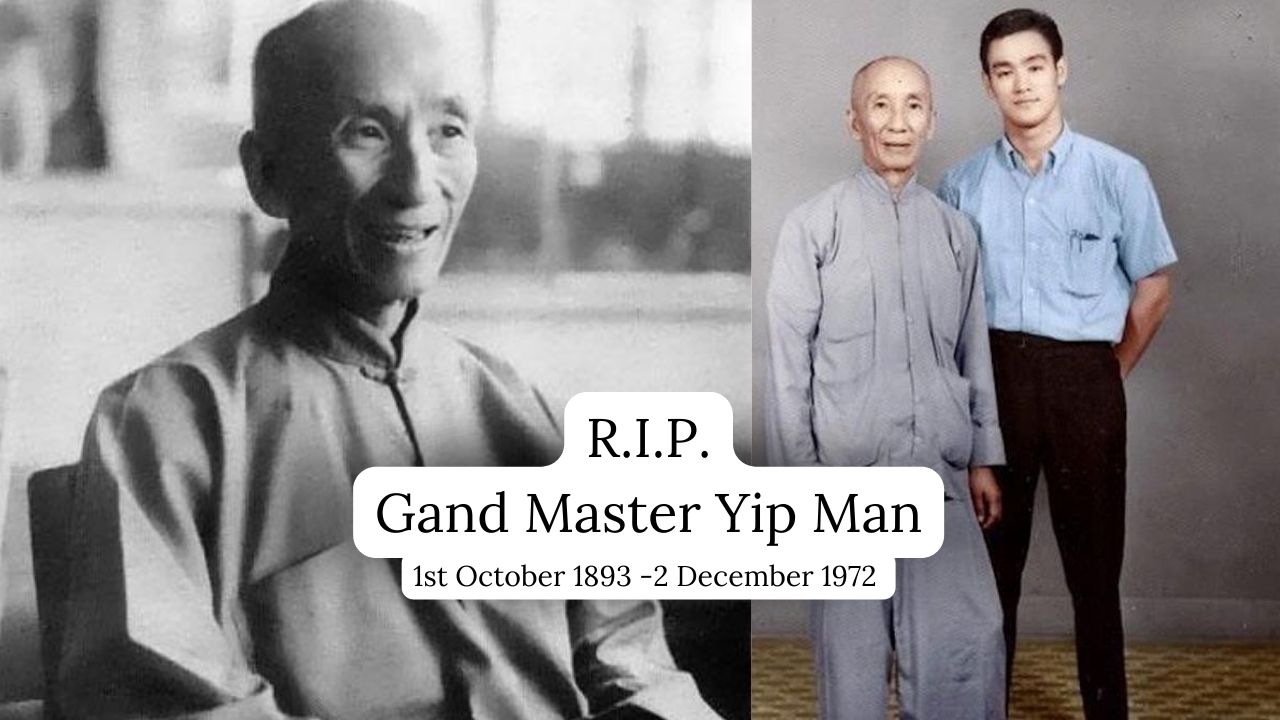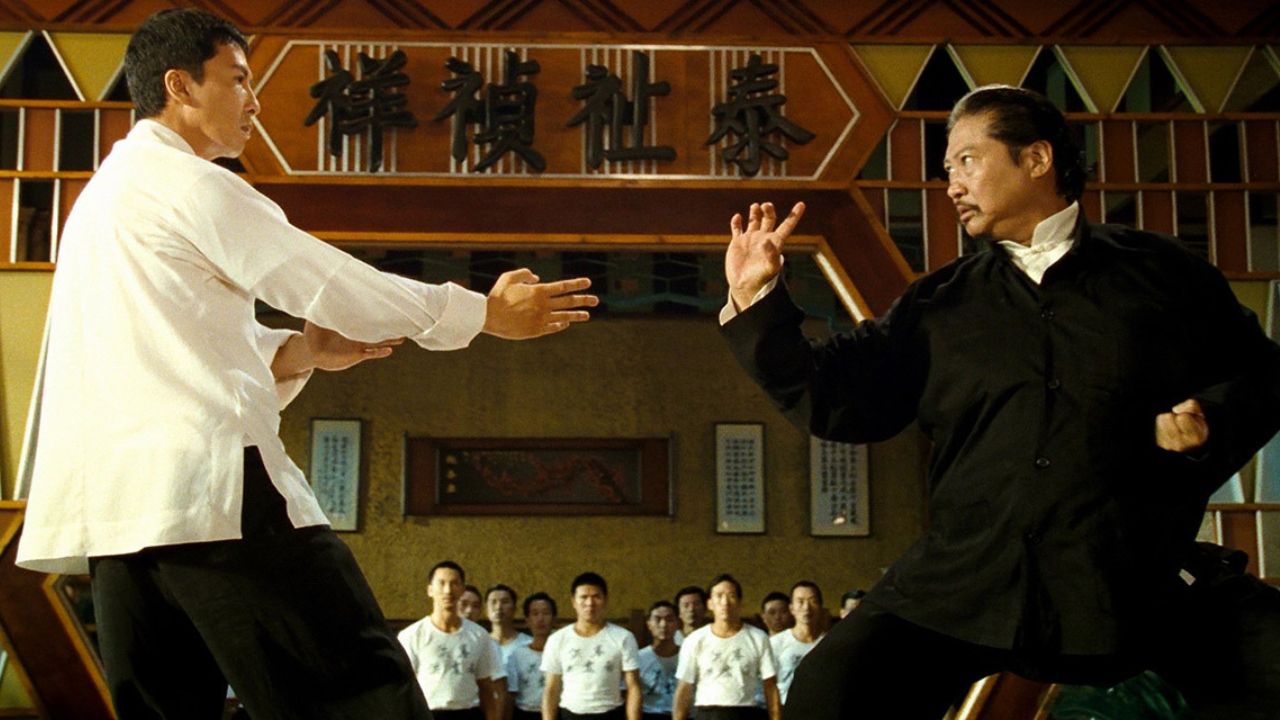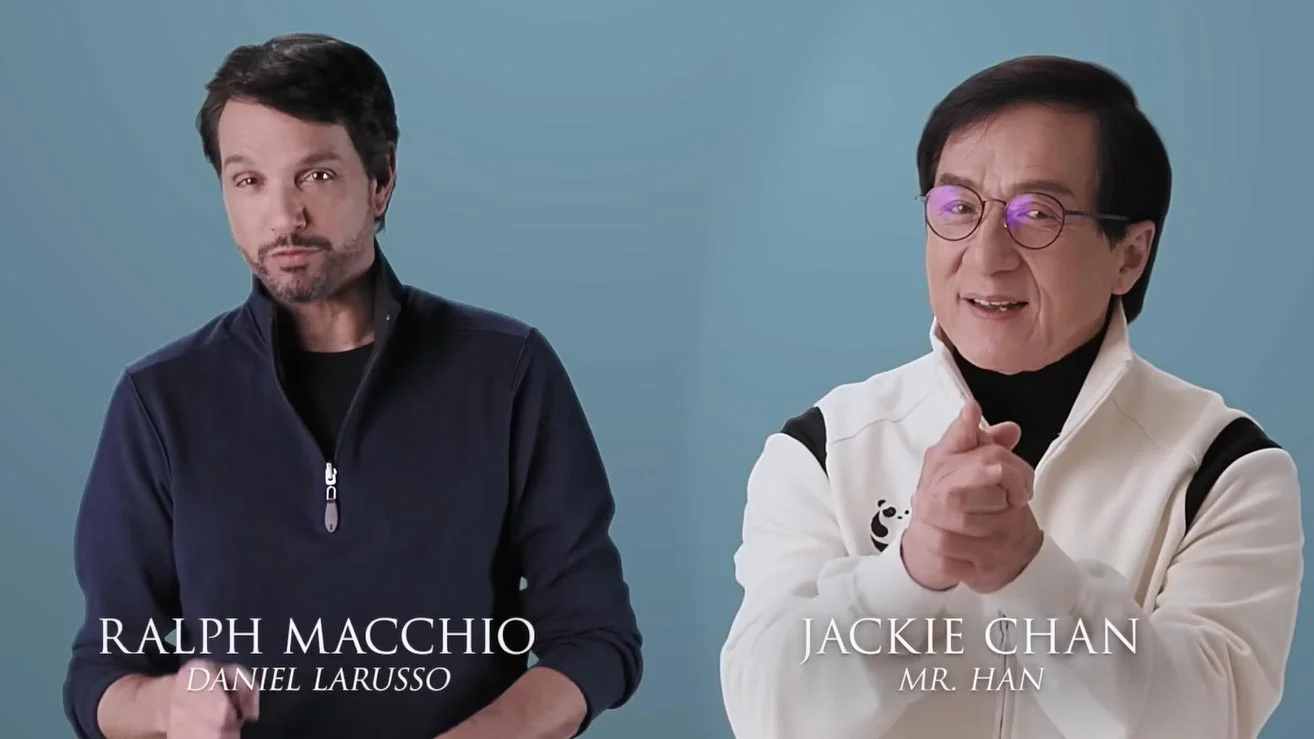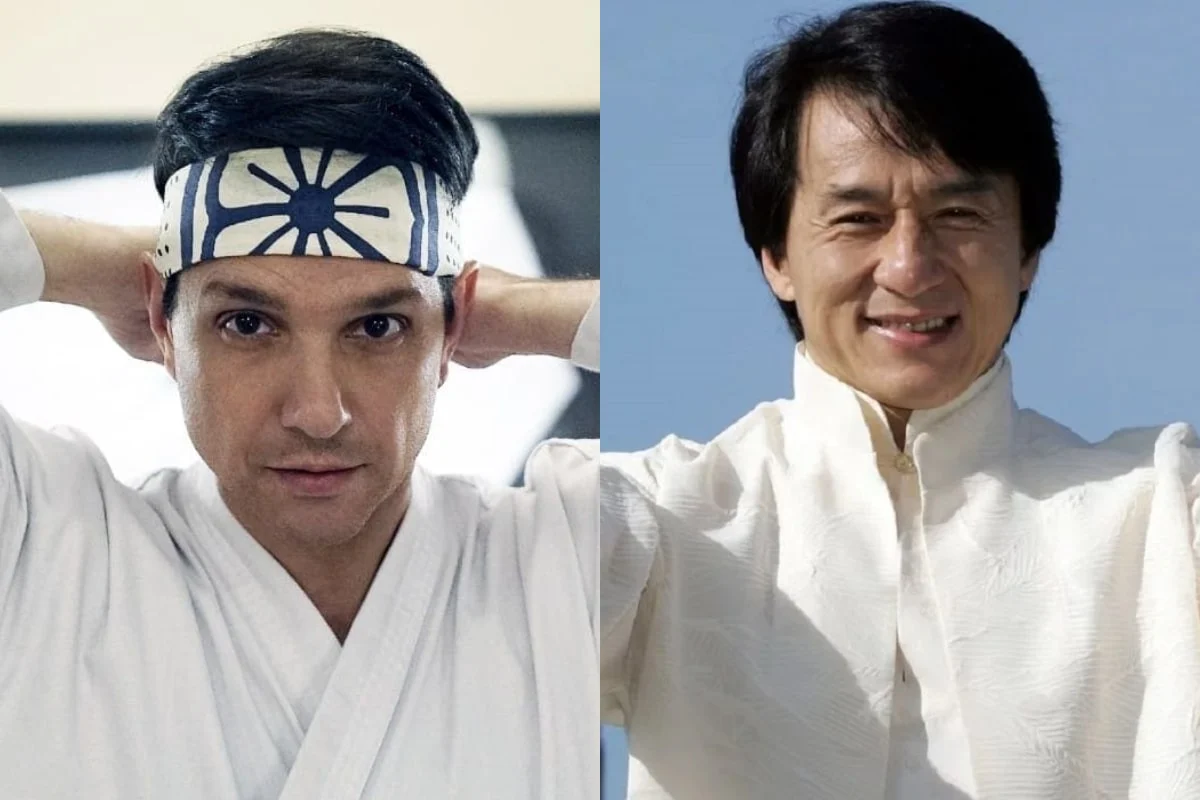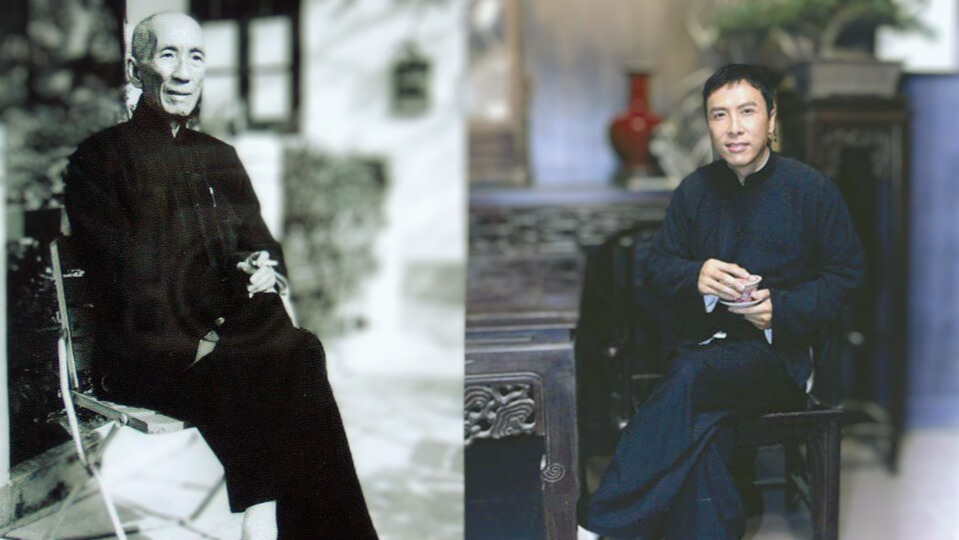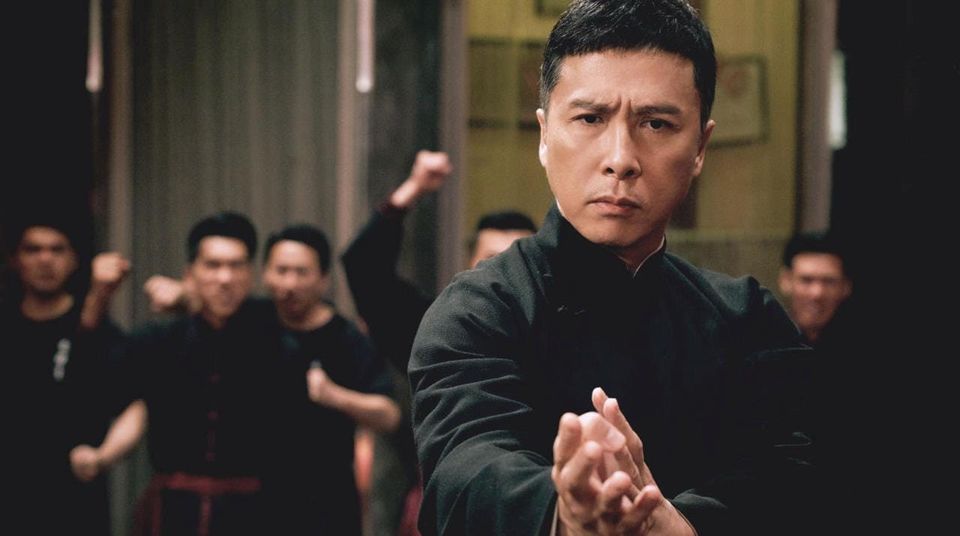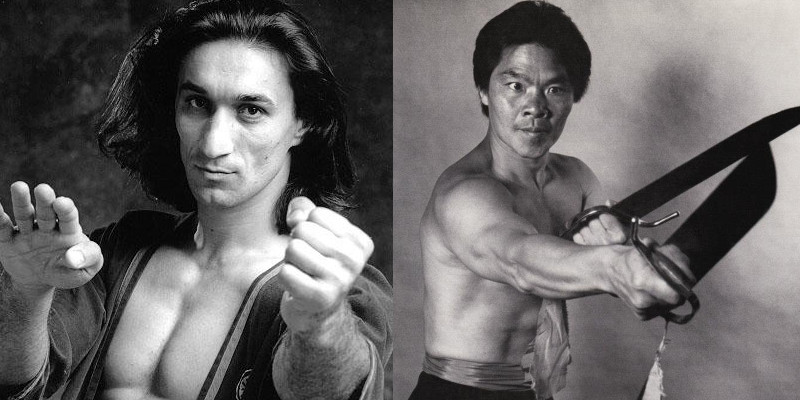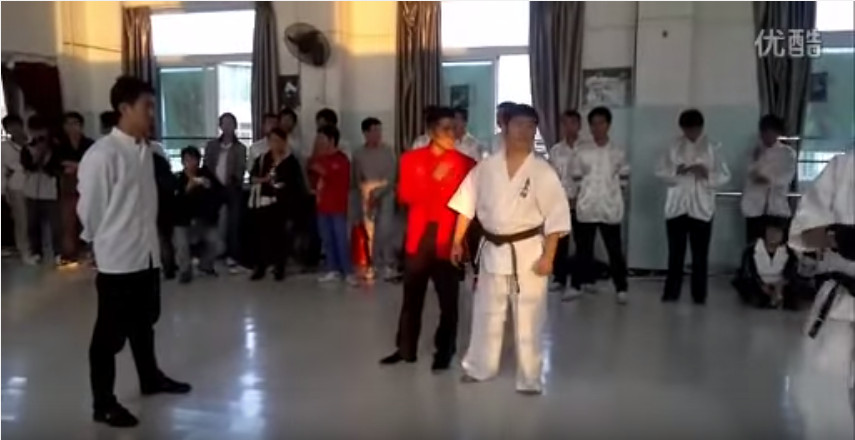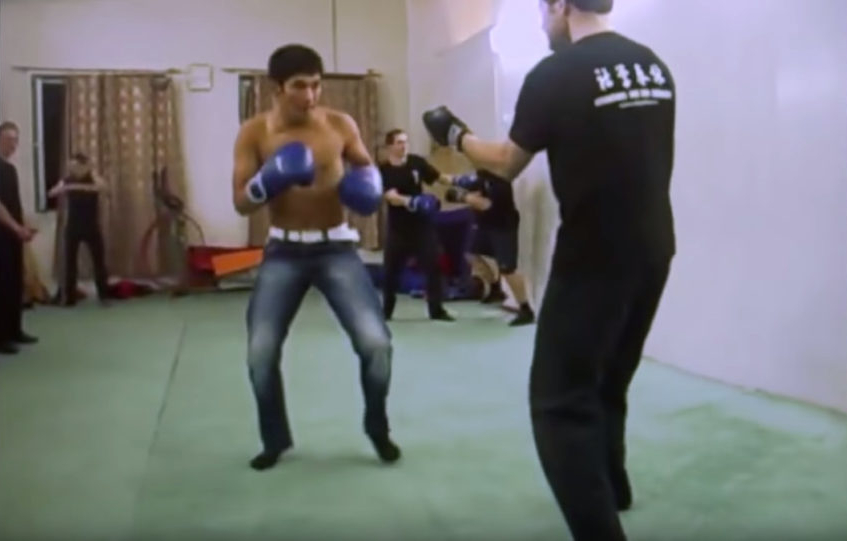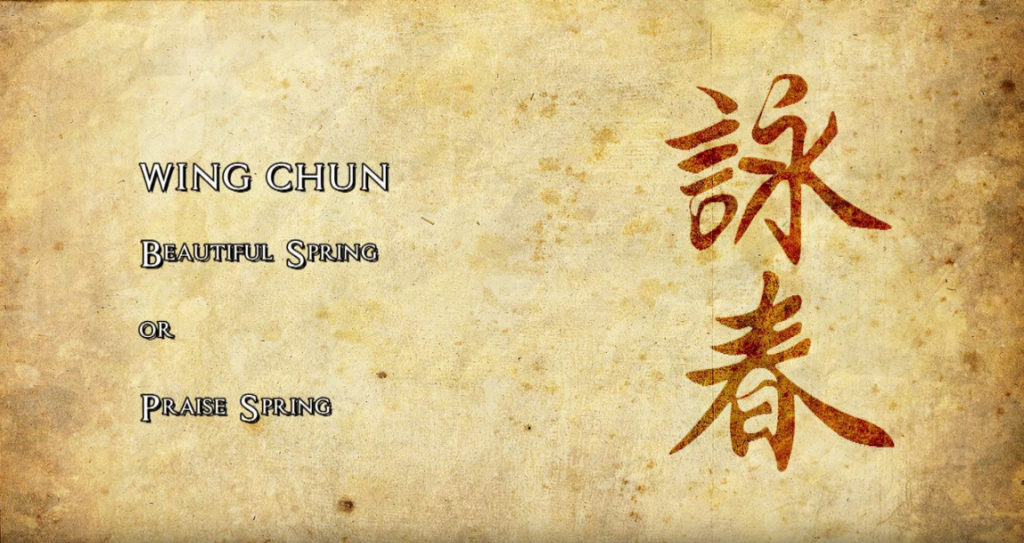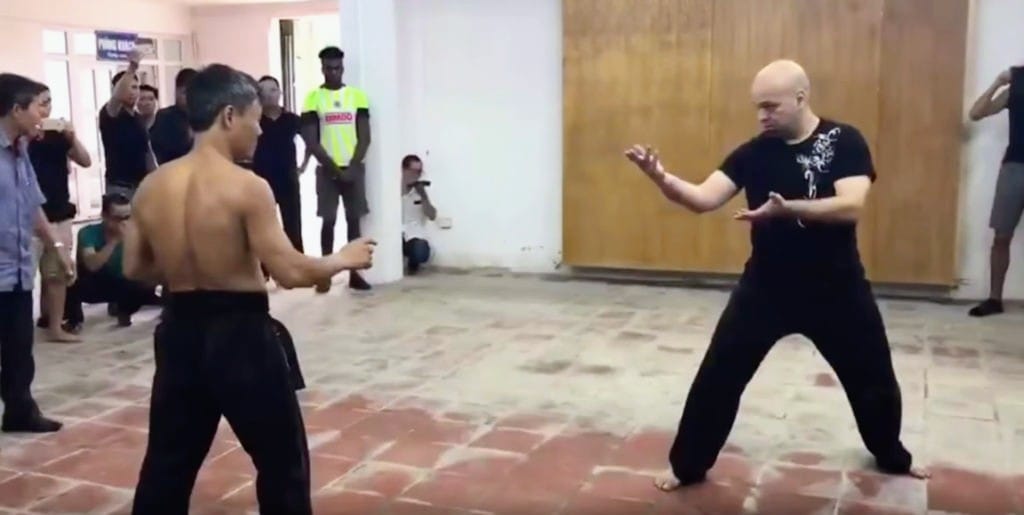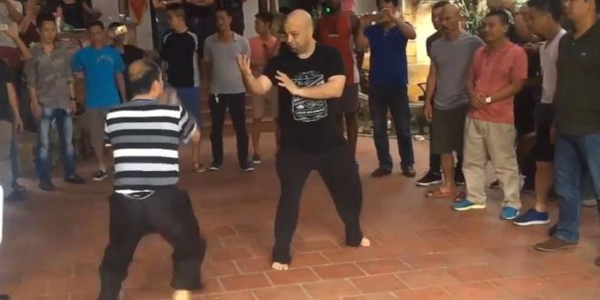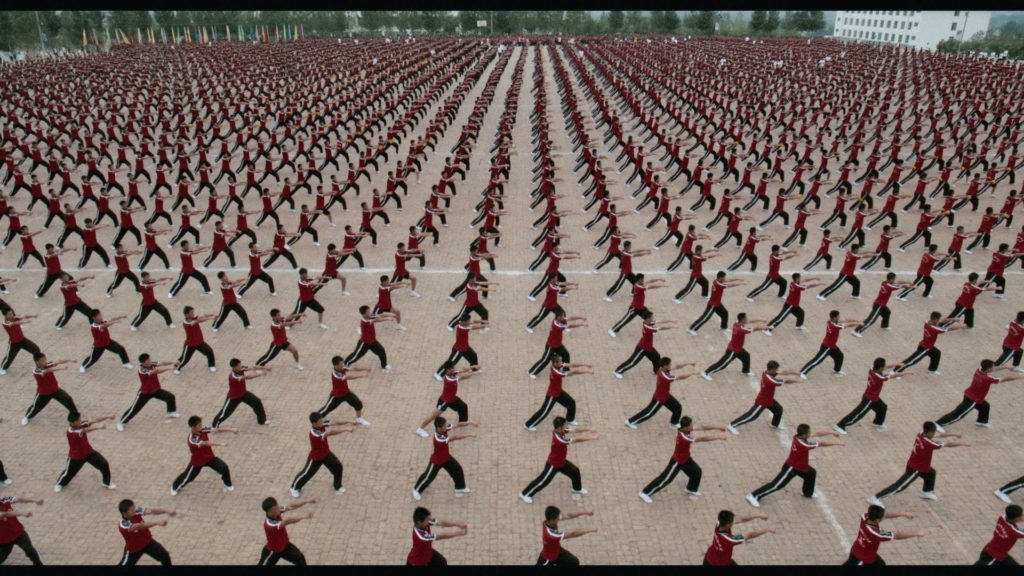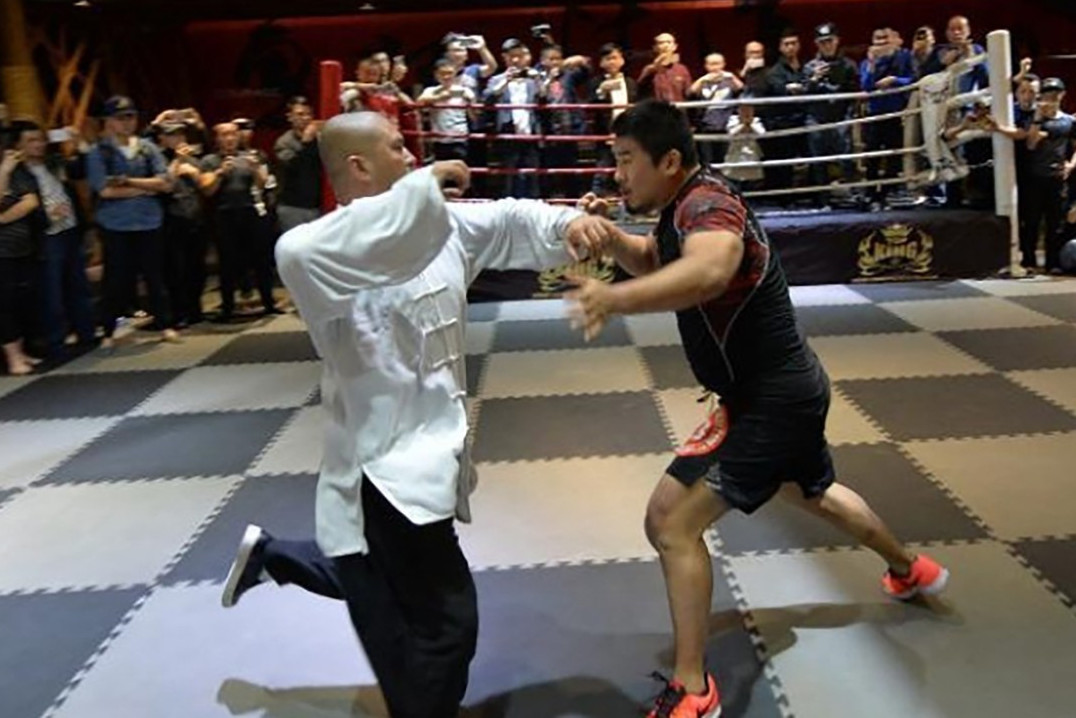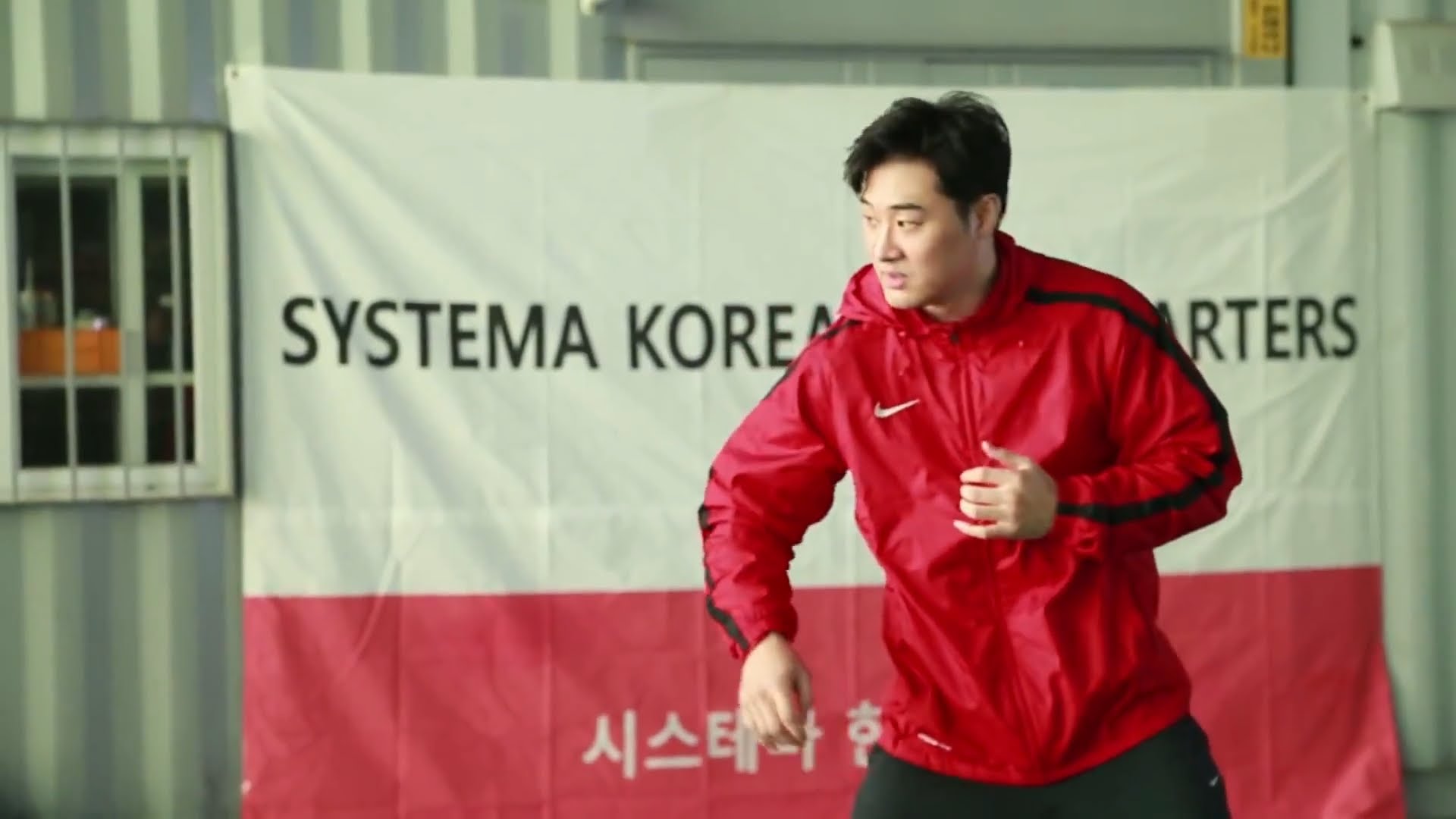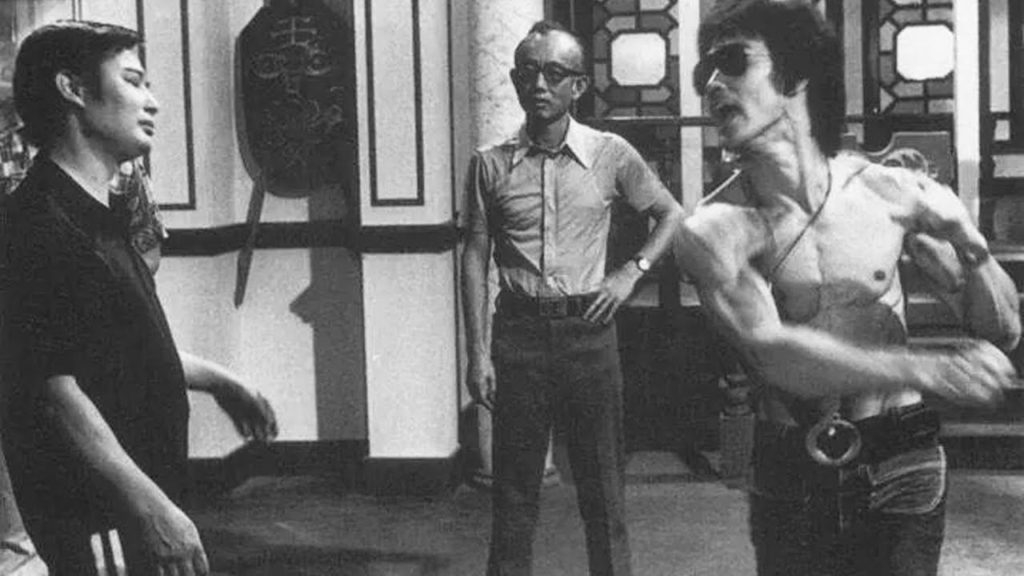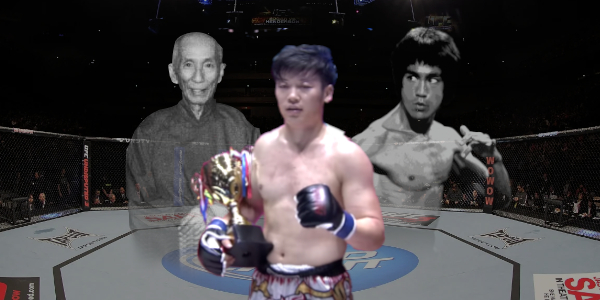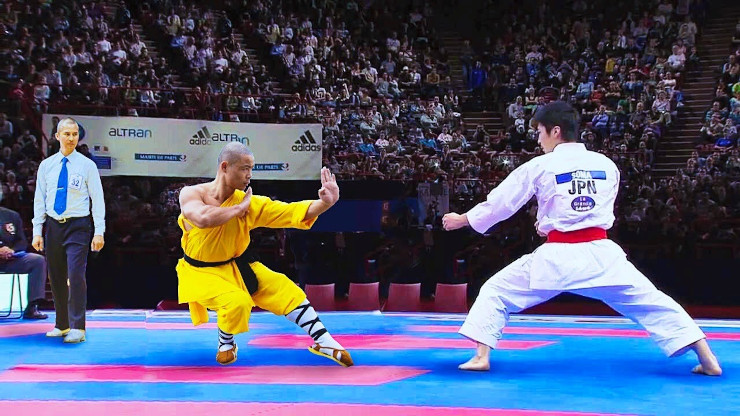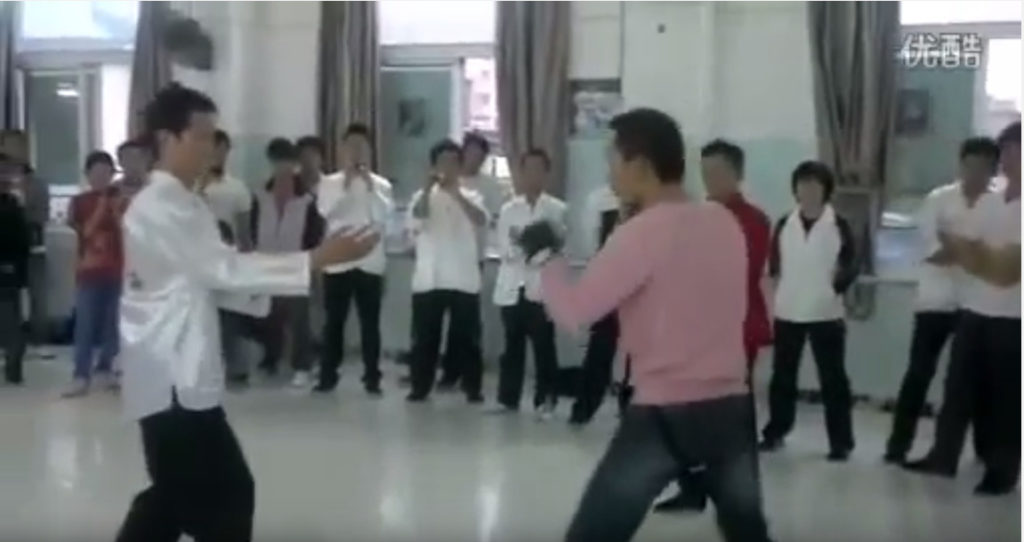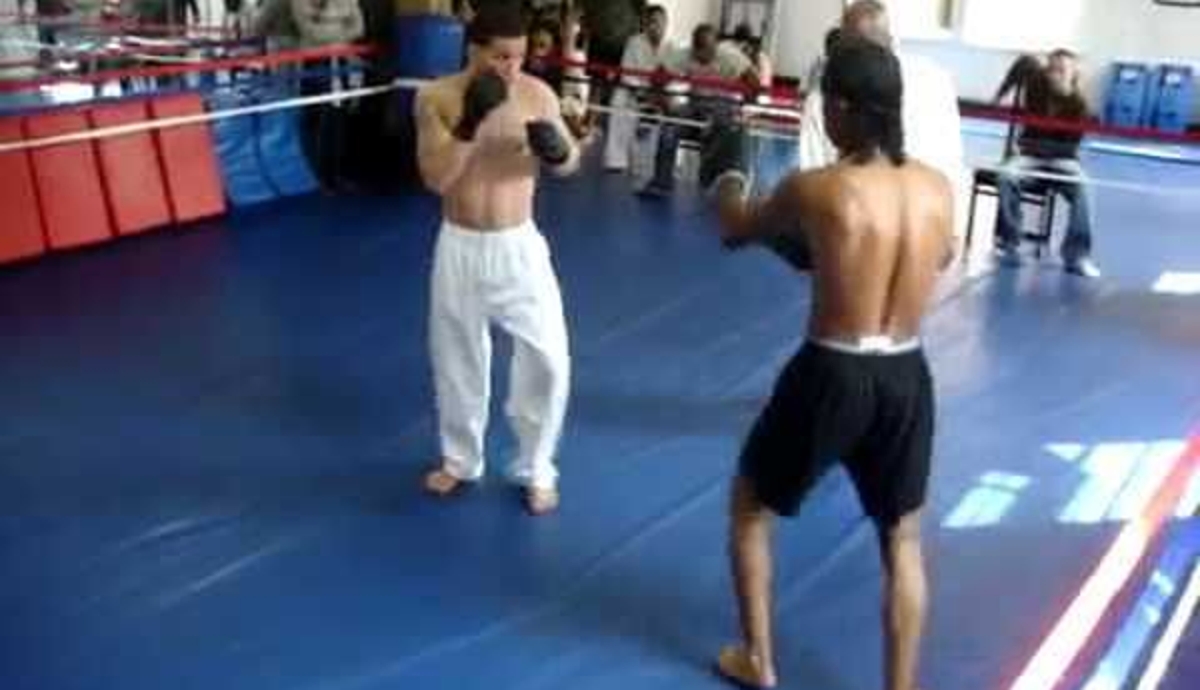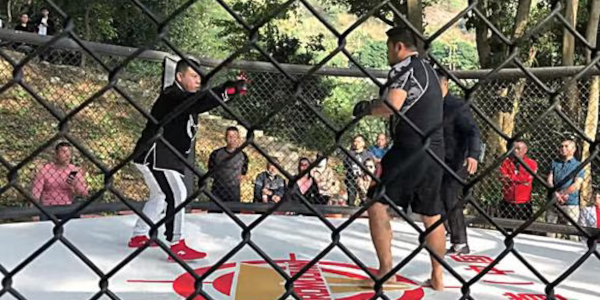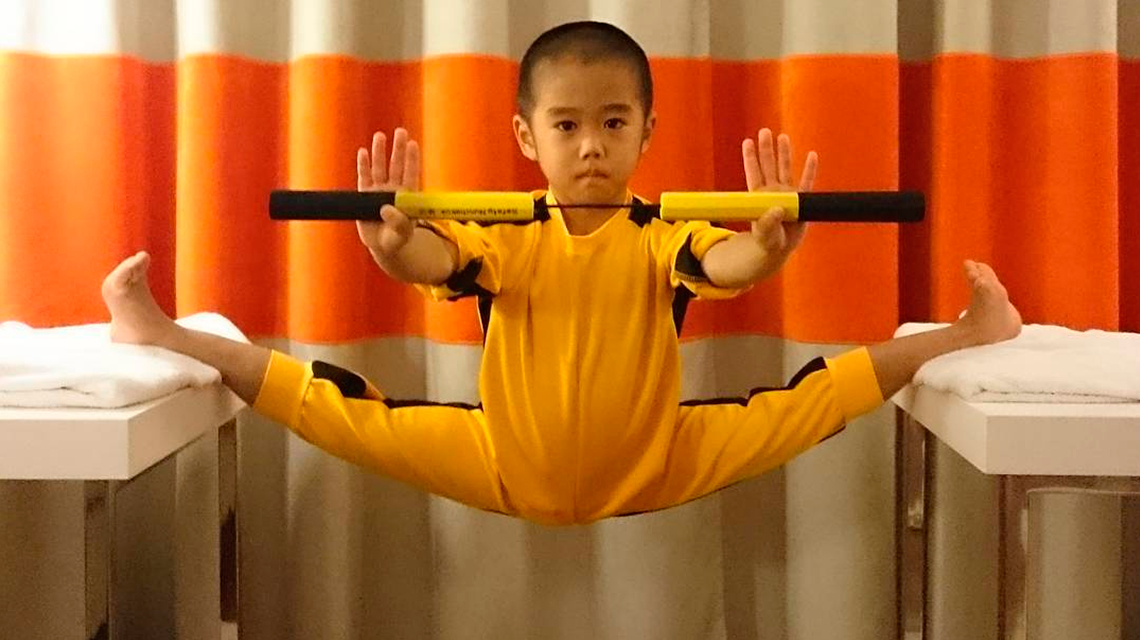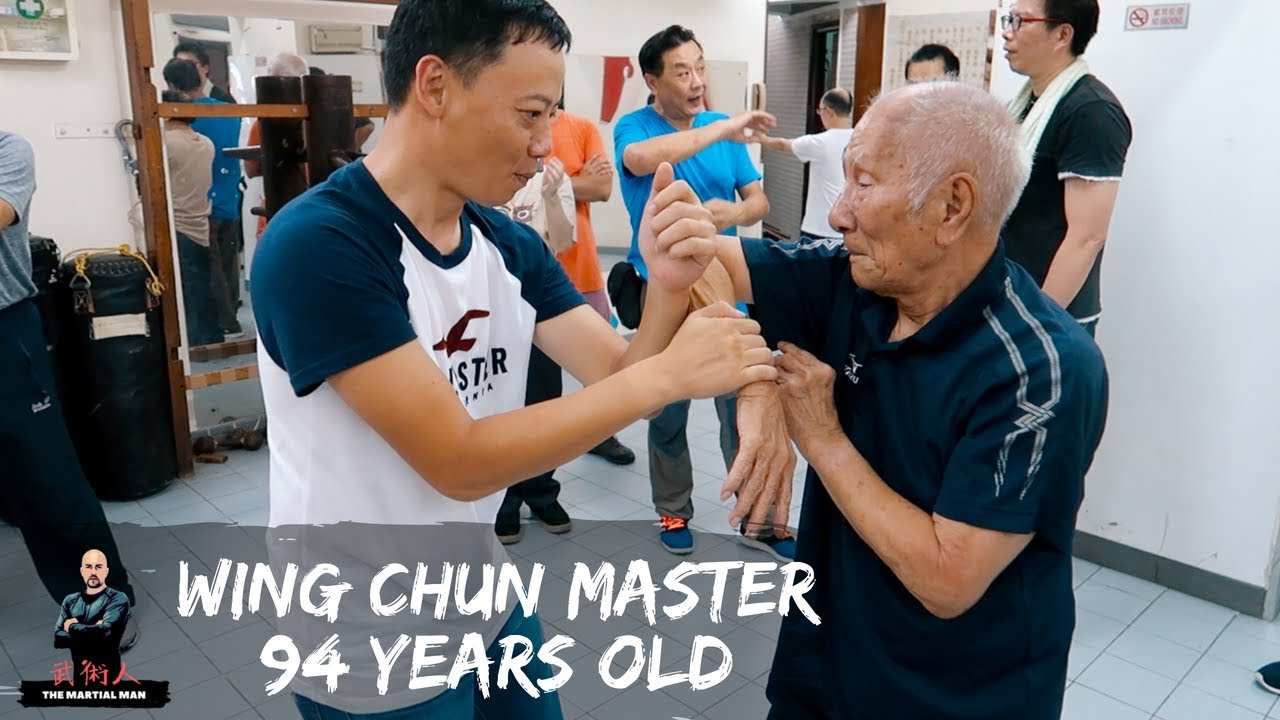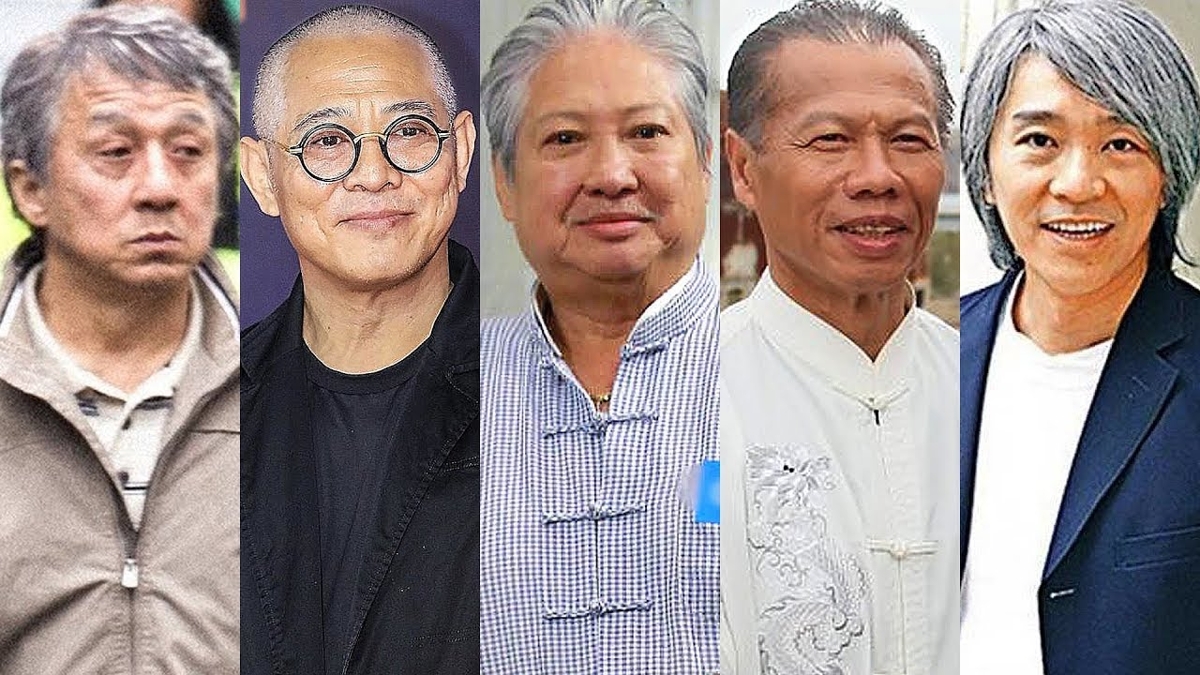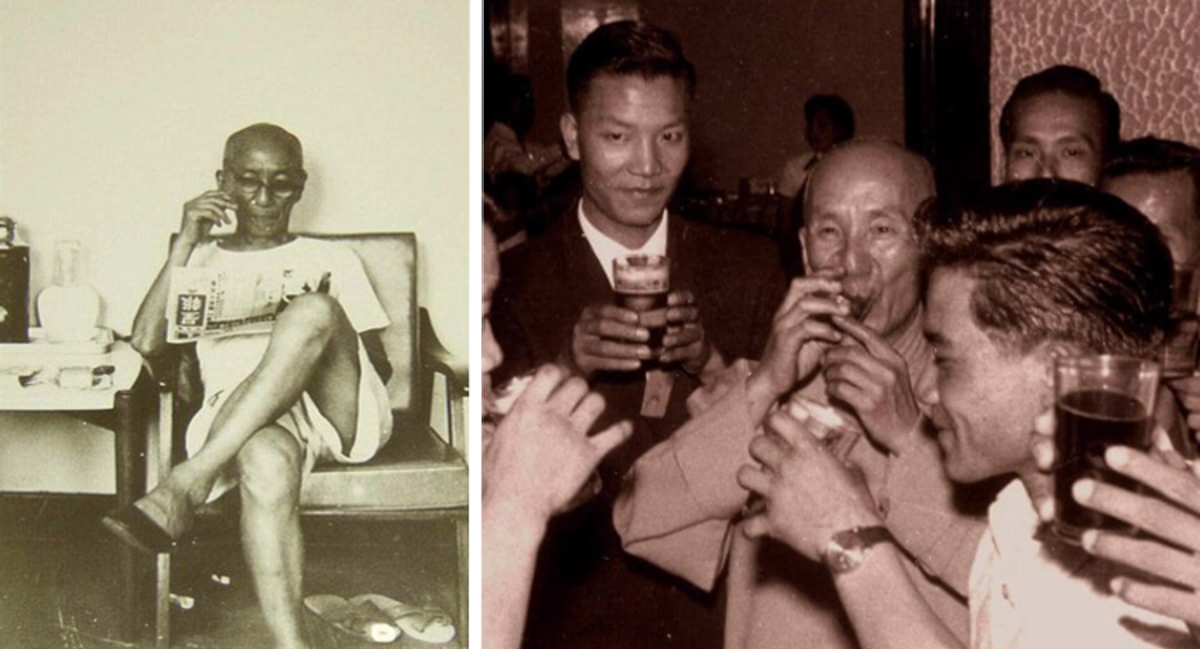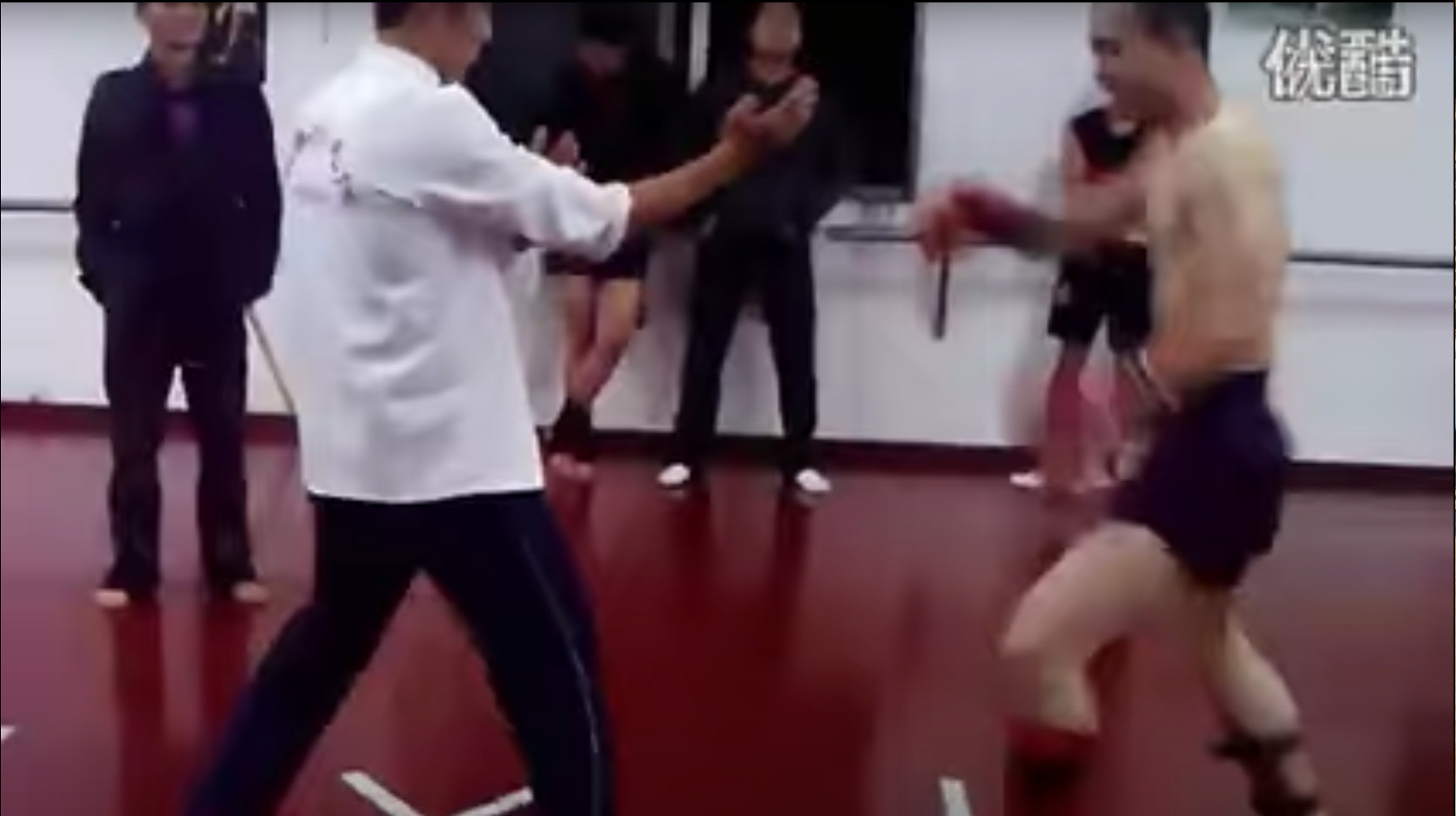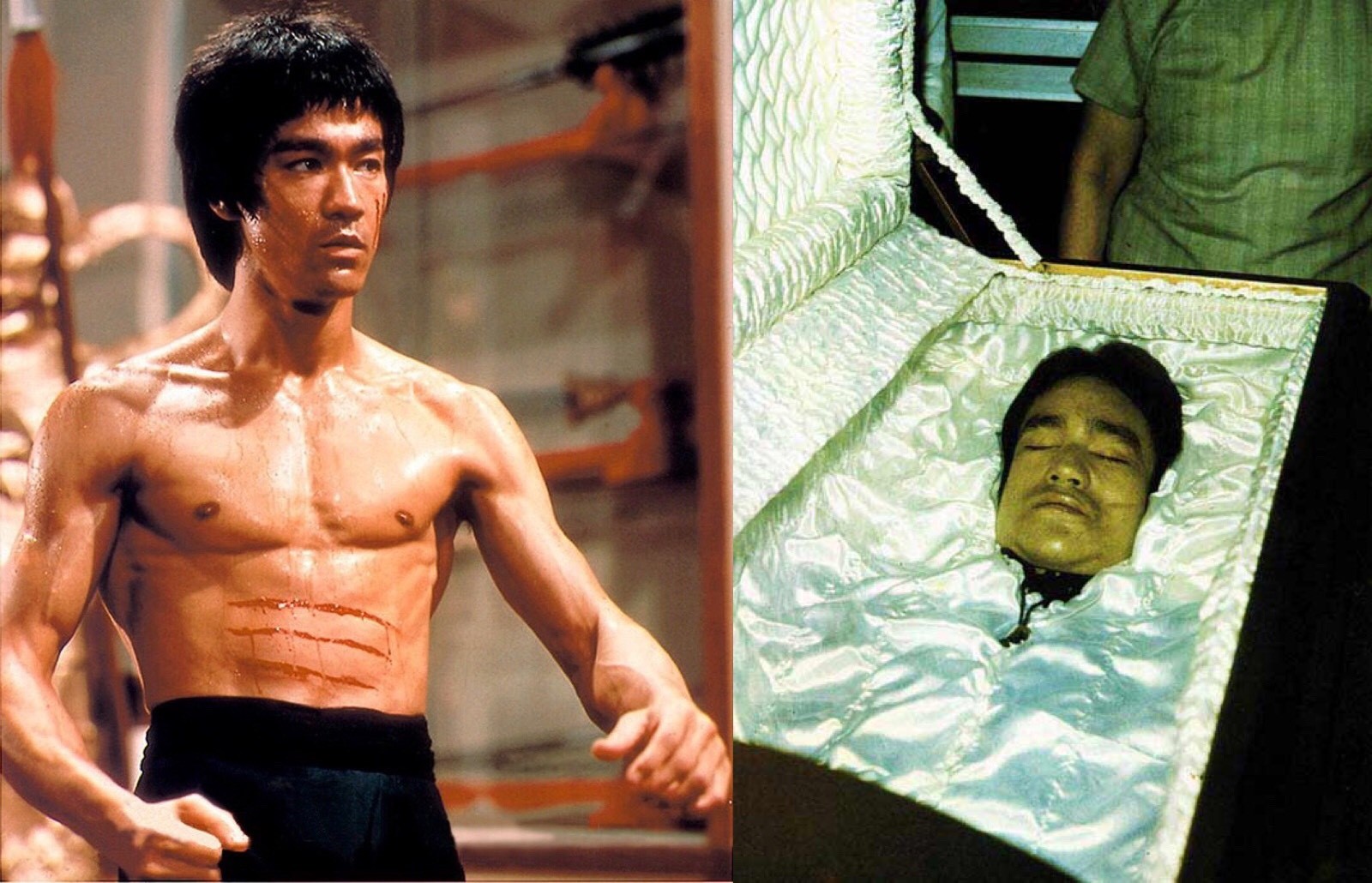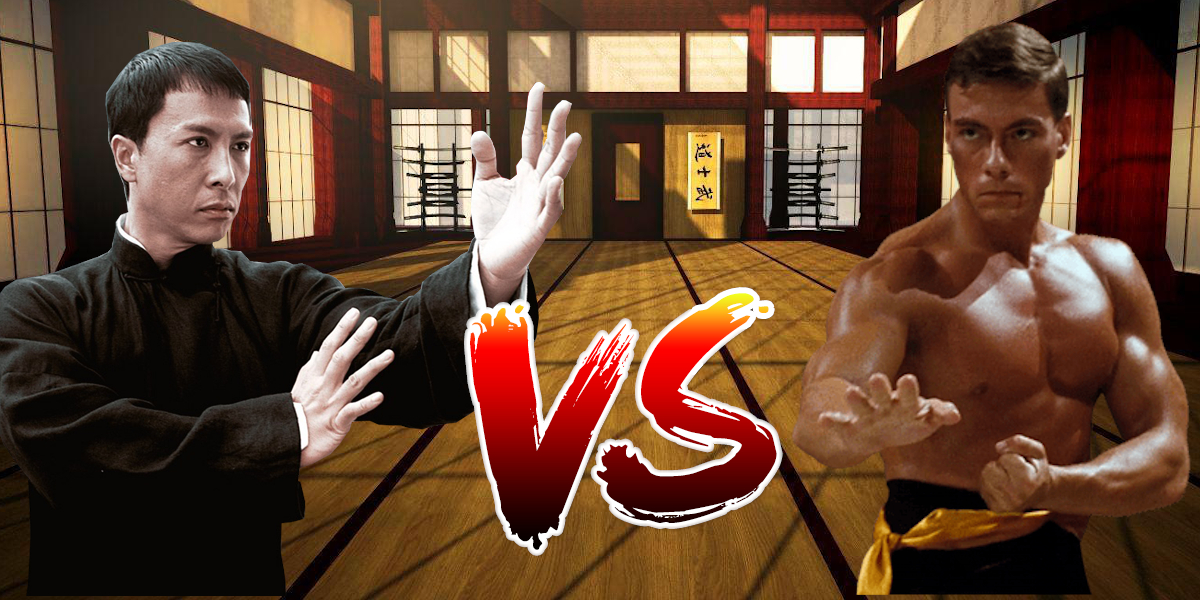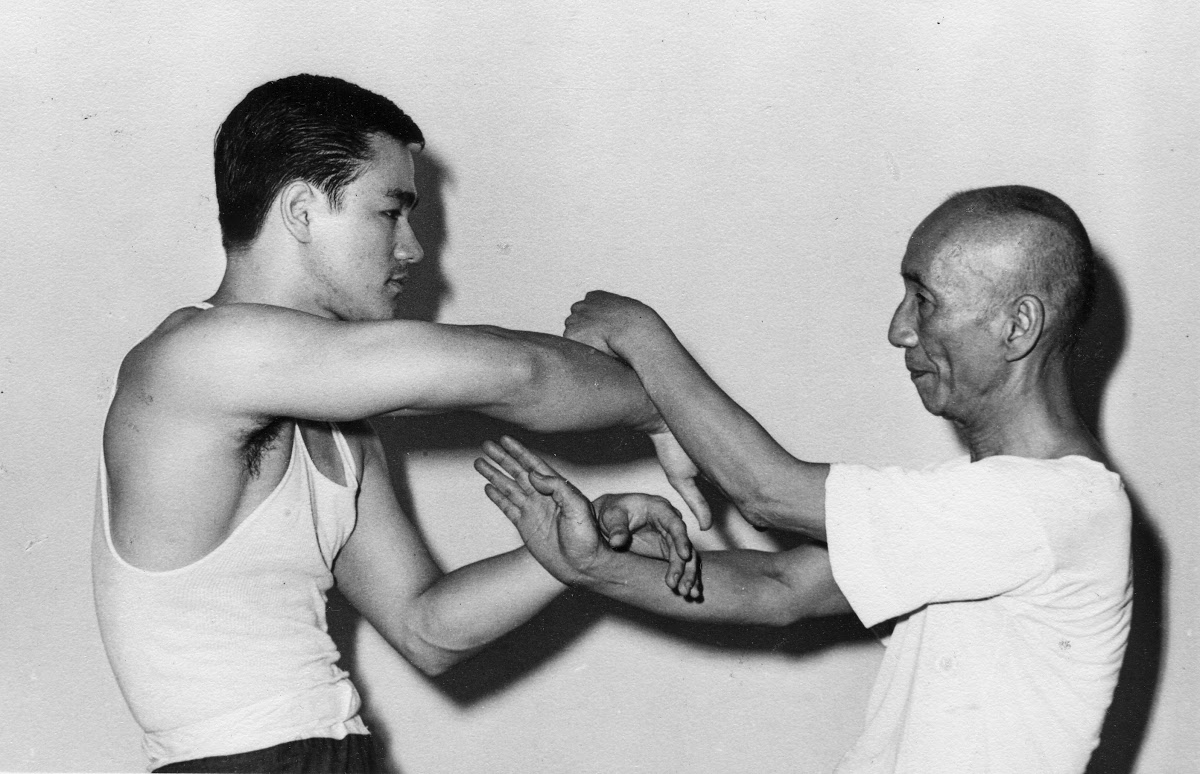Healing with Wing Chun: How Presence, Breath, and Smart Choices Can Support Your Recovery
Reading time: 3 minutes
Life's toughest moments demand more than just endurance - they require awareness, adaptability, and smart decisions. Wing Chun teaches exactly that. With its focus on presence, minimal yet efficient movement, and controlled breathing, this martial art offers more than physical skills; it provides a mindset that can help you navigate challenges, whether they are physical, emotional, or mental.
By learning to stay present, you gain clarity to make the right choices in the moment. By refining your movements, you stop wasting energy on what doesn't serve you. And through breath control, you develop inner stability, even when faced with adversity.
In this article, we'll explore how these principles can support your healing journey and share practical tips on how to apply them in your daily life.
The Power Is in Your Hands

You have more control over your healing than you might think. While external factors play a role, the way you respond to challenges and the choices you make every day determine the outcome of your journey. This isn't about blind optimism but about an informed, proactive mindset - knowing that by understanding the right actions to take, you can improve your situation.
Anyone who trains or has trained Wing Chun knows this well - it feels like learning to walk again, from the ground up. At first, it can be frustrating to struggle with movements that seem so simple, but this process is necessary for developing more efficient movement patterns. The same applies to your mind. Just because you've always thought or acted in a certain way doesn't mean it's the best way.
In fact, if it were, you wouldn't be facing your current challenge. Let go of your ego - there's no limit to learning, and no age at which you should already know everything. Growth begins the moment you allow yourself to question and refine the way you approach life.
Mental Calmness: The Key to Better Decisions
Clear thinking requires a calm mind. When overwhelmed by stress, fear, or frustration, it's easy to fall into habits that do more harm than good. A composed mind allows you to make better decisions - choosing nourishing foods, staying active when possible, and engaging in activities that promote healing.
How to Cultivate Inner Calm
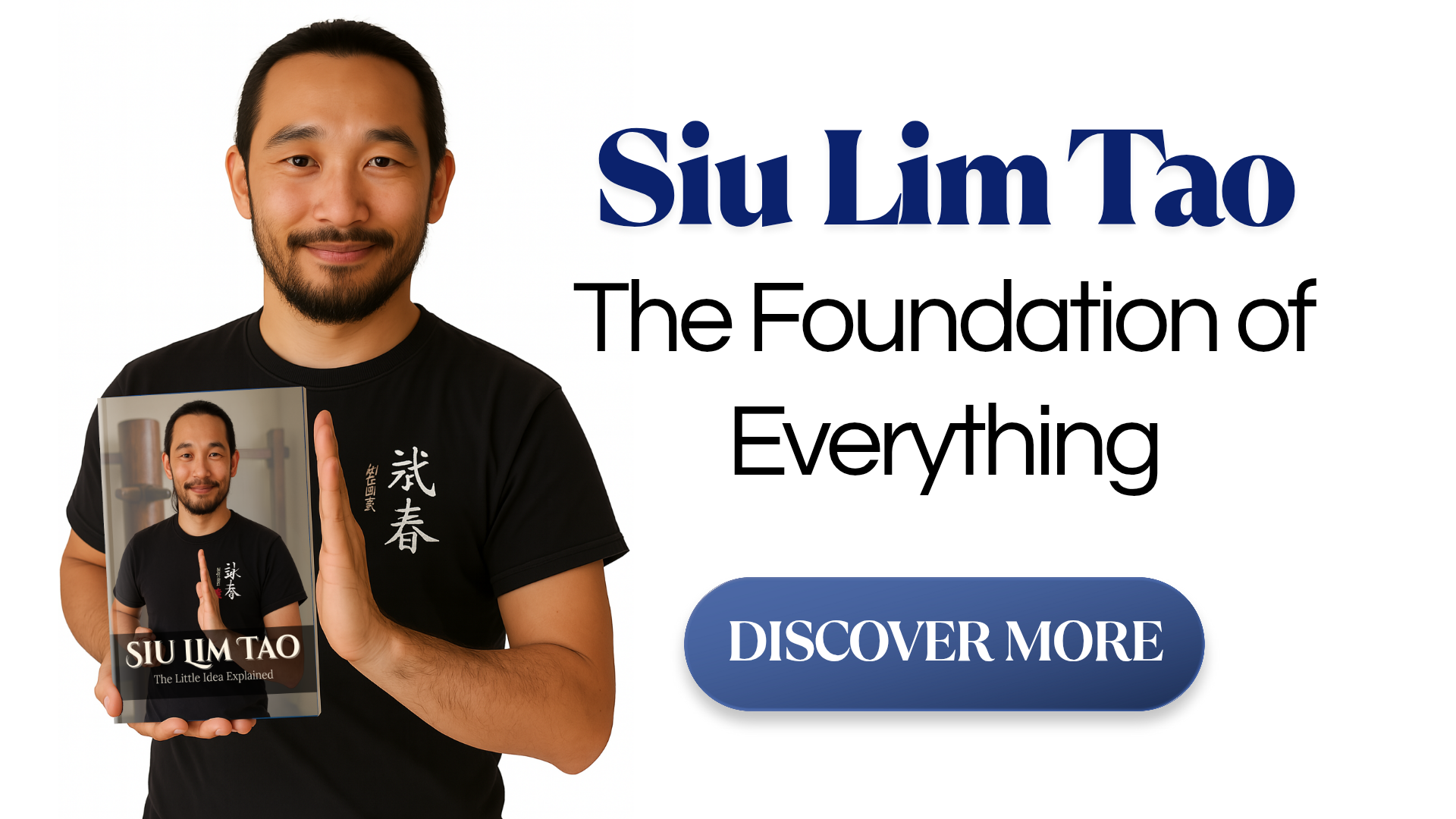
Calmness isn't something you either have or do not - it's a skill you can train. Meditation is a great tool for this. You don't need to be an expert; simply close your eyes and be present with yourself. If guided meditation helps, there are countless free YouTube videos and apps to explore.
Another powerful way to center yourself is through breath control. In our book, we explore several breathing techniques, including box breathing (4-4-4-4): inhale for four seconds, hold for four, exhale for four, and hold again for four. Do so for some minutes in a peaceful environment and stop if you feel overwhelmed. This method quickly stabilizes the nervous system and promotes mental clarity.
If you'd like to explore more about breathing techniques and meditation, our book delves deeper into these methods, providing practical exercises to help you cultivate inner calm and resilience. Check it out to support your journey toward healing.
Take Action: Small Steps Lead to Big Changes
Recovery isn't about waiting - it's about taking small, deliberate steps. Every mindful breath, every healthy meal, and every moment spent in presence adds up. Wing Chun teaches that efficiency and awareness lead to success - not only in combat but in life. Apply these principles to your healing, and you'll regain strength, balance, and control over your journey.
Thank you. Your comment will be approved shortly.
Comments
Thank you. Your comment will be approved shortly.
Thank you. Your comment will be approved shortly.
Thank you. Your comment will be approved shortly.
Thank you. Your comment will be approved shortly.
Thank you. Your comment will be approved shortly.

